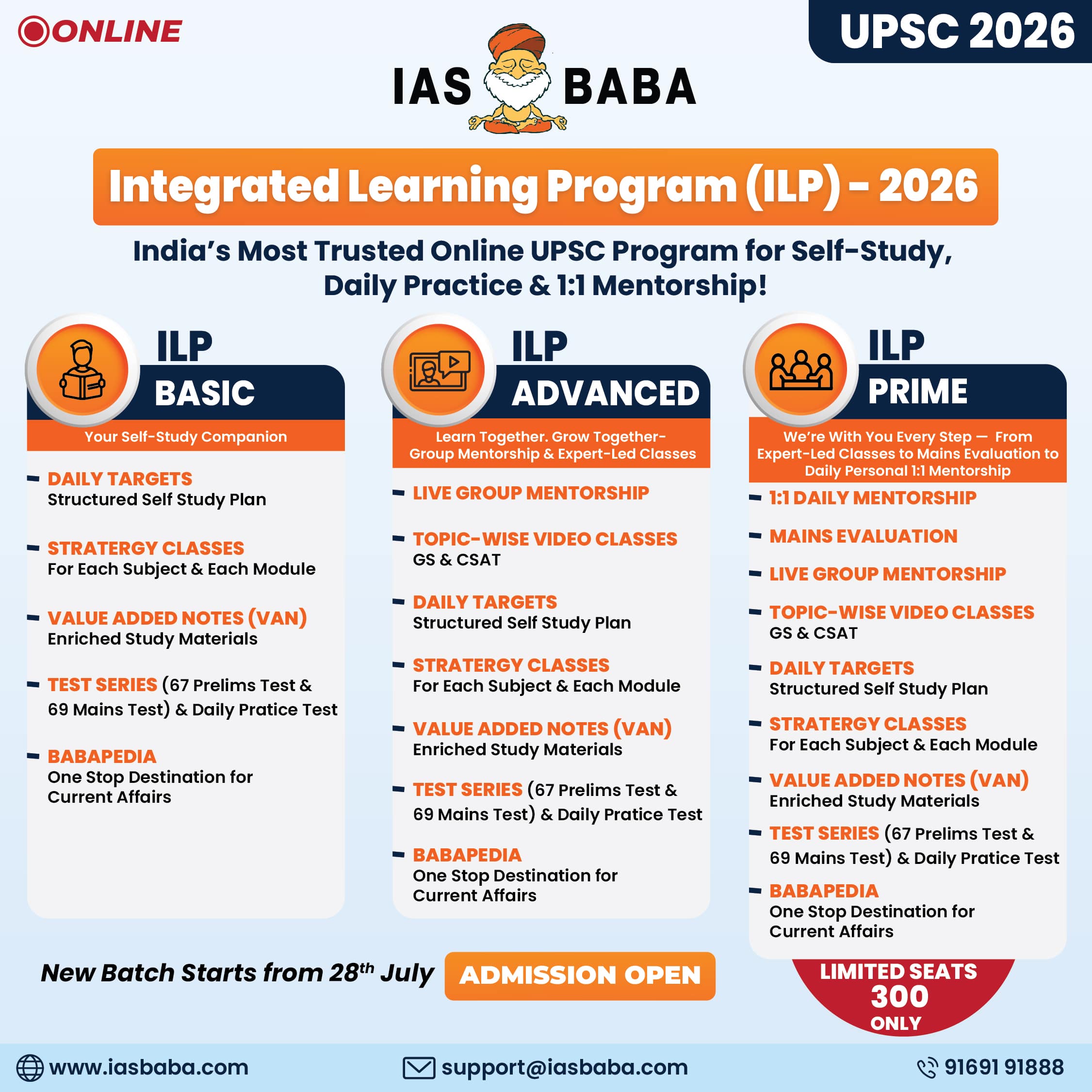All India Radio
Electoral Bonds
Search 3rd January 2018 here http://www.newsonair.com/Main_Audio_Bulletins_Search.aspx
TOPIC: General Studies 2
- Government policies and interventions for development in various sectors and issues arising out of their design and implementation.
Funding of political parties has always been under some kind of suspicion or controversy. Hence in 2017 budget, the government came out with electoral bonds for political donation.
- An electoral bond is designed to be a bearer instrument like a Promissory Note. In effect, it will be similar to a bank note that is payable to the bearer on demand and free of interest.
- Electoral bond scheme can be purchased by an Indian citizen and a body incorporated in India.
- They are available in multiples of Rs. 1000, Rs. 10000, Rs. 1 lakh, Rs. 10 lakh and 1 crore.
- There has to be a KYC but the names will not be made public- who is donating to which party.
- The bonds will be available for purchase for a period of 10 days each in the beginning of every quarter, i.e. in January, April, July and October.
- The party can convert these bonds back into money via their bank accounts which are verified by ECI.
Condition to have donations via electoral bonds
The electoral bonds will have a life of 15 days during which they can be used to make donations to registered political parties that have secured not less than 1% of the votes polled in the last election to the Lok Sabha or State Assembly. This is a small step towards electoral reforms.
Flip side
- This measure will help any party that is in power. Any potential donor or industrialists do not have to worry about giving donations to party in power. If the party in power knows that particular institutions is giving money to opposition party, then they might create trouble for them.
- India’s democratic climate, value and institution building is not strong as it should have been after independence and this where the democratic institutions need to be strengthened.
Benefits
- This is good for ushering in transparency in donations to political parties because their funding has always been under some kind of suspicion and they are averse of bringing them under RTI.
- The eligibility criteria for getting donation through electoral bonds is a good idea as what political parties do is fund non-serious candidate to cut into the votes of the opponents. For eg. In Gujarat election, a namesake of popular tribal leader was fielded against the tribal leader to create confusion. This takes away the democratic spirit in which the elections are fought. So, it will help to weed out non-serious candidates.
- Specified banking channels will be used to make donations through electoral bonds. The political parties have to disclose to ECI also the amount they received from electoral bonds and cash.
- The returns will have to be filed by the political parties to get the tax exemptions.
Conclusion
Political parties by their nature and character have not been open to transparency and accountability as far as the funding is concerned. Muscle power, corruption, crime, black money are at huge scale in democratic system. There is need to scrutinize the expenditure of political parties. There is a huge gap between what is actually spent and the ceiling. Political parties receive cash donations, now through electoral bonds- what is the pattern, how much money was spend on public travel, rallies and other schemes. The lok sabha constituency has 40 lakhs to spend but this is hardly enough money for an entire constituency. So there has to be a more realistic picture to fulfill the demands of the economy.
It remains to be seen if political parties are inclined to favour and go for the bonds for donation, whether they will make use of these bonds and to the extent they will use these bonds and what is the extent to which the people, corporates will give money is yet to be analysed.
Many electoral reforms have taken place and more needs to be taken. Today, candidates have to declare their assets, their criminal records. The most important political reform was reducing age of voting to 18 which has empowered the young minds to take part in the development process of the country and understand its political system. Even if there are pros and cons to the current step, it is worth facing as the benefits are long term and the shortcomings can be evaluated and improved upon.
Also read:
IASbaba’s MINDMAP : Click here
Connecting the dots:
- How can electoral bonds help in redefining the process of initiating electoral reforms? Examine.














